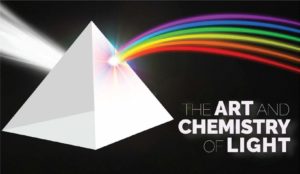Marva Renee Hutchinson, AP English and Composition, Providence Senior High School
Implementing Common Core Standards (PDF)
200 Word Synopsis
This unit is constructed around the analysis of nonfiction environmental texts. Students will identify the author’s purpose and how the author’s choices of rhetorical strategies and stylistic devices contribute to the construction of that claim. As part of this analysis, students will consider the rhetorical triangle of subject, audience and speaker. Students will also focus on logical appeals, ethical appeals and emotional appeals; they will consider syntax, diction and other relevant stylistic and argumentative devices. By juxtaposing their analysis of Environmental Science texts with more traditional argumentative texts, such as political speeches and personal essays, students will recognize that all writers, regardless of content area, have a purpose and an audience and, ultimately, an argument. Students will be able to effectively analyze the structure of an argument and explain the connection between strategies used by different authors in the fields of science, literature and politics. Improving these analytical skills will help students become stronger writers as they incorporate those same strategies in their own writing.










 Home
Home